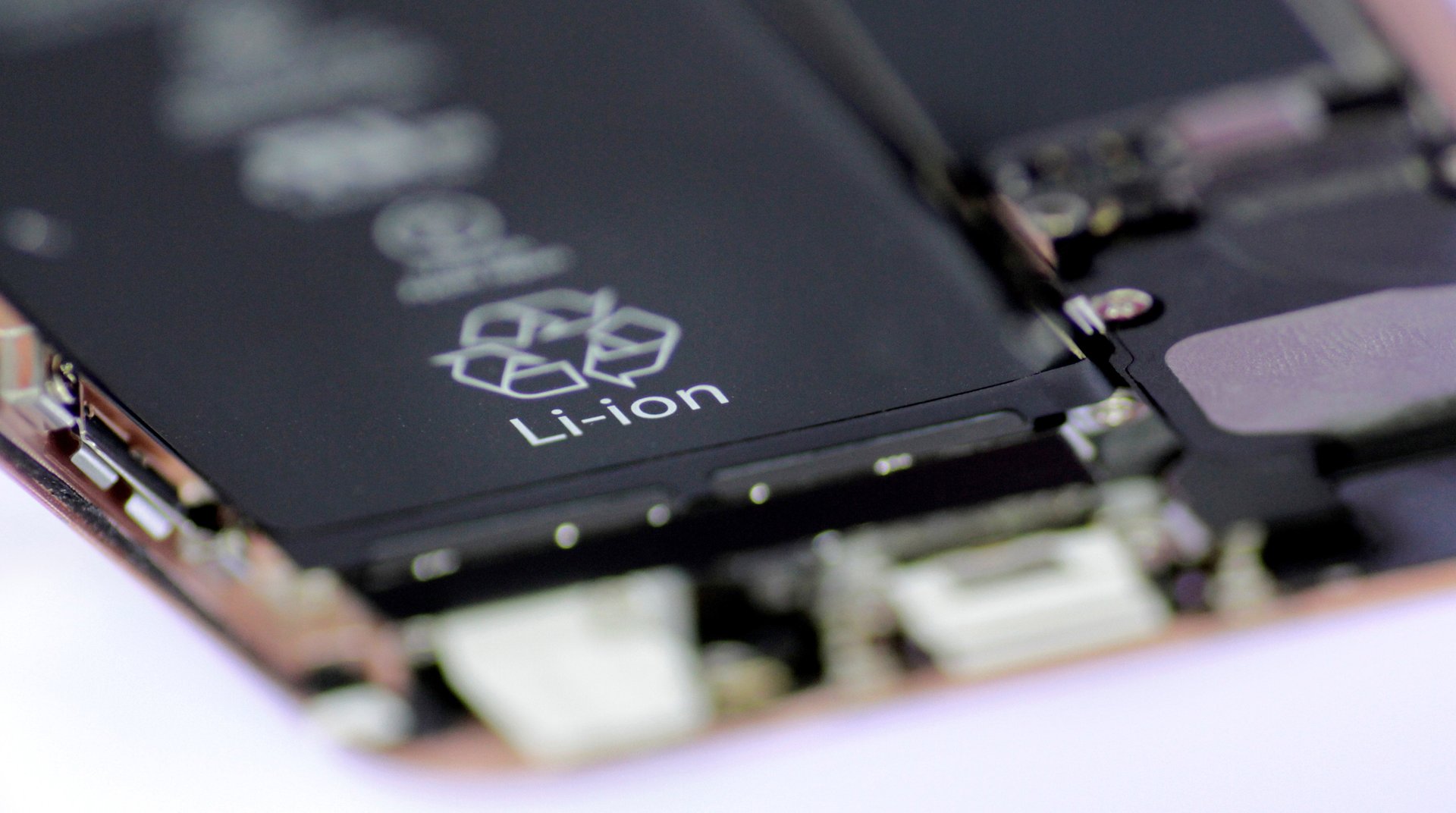One Chinese company now controls most of the metal needed to make the world’s advanced batteries
Tianqi Lithium, a Chinese company, recently paid more than $4 billion to become the second-largest shareholder in Sociedad Química y Minera (SQM), a Chilean mining company. The deal gives the company effective control over nearly half the current global production of lithium, a critical component in battery technology.


Tianqi Lithium, a Chinese company, recently paid more than $4 billion to become the second-largest shareholder in Sociedad Química y Minera (SQM), a Chilean mining company. The deal gives the company effective control over nearly half the current global production of lithium, a critical component in battery technology.
The investments is producing an unusual amount of drama. Last month, the Chinese government had to intervene (paywall) to warn the Chilean government that blocking the deal, which it has the power to do, could harm their bilateral relations. The Chilean government is worried that giving Tianqi so much control over lithium could distort the market.
Why all the fuss? Let’s find out with the help of charts.
Every smartphone and fully electric car in the world is powered by the same type of battery. Such are the benefits of lithium-ion technology that, in less than 30 years, it has gone from zero market share to having nearly the same market share as the age-old lead-acid battery.
In recent years China has come to dominate the lithium-ion industry. Though Japan had a head start, because Sony was the company that first commercialized the technology, China was able to catch up because of its ability to manufacture the batteries at larger scales and sell them for cheaper.
Lithium-ion batteries, of course, need lots of lithium—the lightest metal known. It should be no surprise that the cost of the metal has shot up.
Surprisingly, even though China has large reserves of lithium ore, it doesn’t currently produce as much of it. The leaders are Australia, Chile, and Argentina.
As the world buys more electric cars, industry analysts predict that the lithium-ion battery market is set to grow at an astonishing pace of 19% per year. China sold more than 750,000 electric cars last year, up more than 50% from 2016. More importantly, Beijing wants electric cars to make up 20% of the new cars sold in China in 2025, up from 3% in 2017.
That explains why China is wading into a corporate deal involving a Chilean mining company. To maintain its dominance in the lithium-ion market, Chinese manufacturers needs access to lots of cheap lithium. Along with the stake in SQM, Tianqi owns 51% of Australia’s Greenbushes lithium mine, giving it effective control nearly half the current global production of the metal, according to Huang Liheng, an analyst at GF Securities.
But Chile could still have the last laugh. In April, the country’s economic development agency, Corfo, complained that Tianqi’s control on lithium could “gravely distort market competition.” For example, China could suddenly start buying SQM’s lithium at lower than market costs and thus affect the taxes Chilean government could collect from the sales. Regulators have a chance to oppose the deal by August, if they think that Tianqi owning so much of the world’s lithium is a problem.